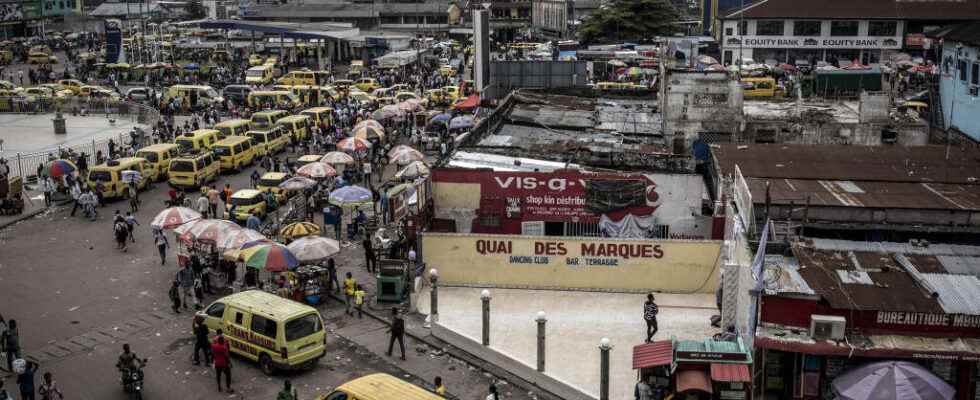In the DRC, did the Congolese authorities acquire a wrong cargo of gasoline in order to absorb the fuel shortage? An internal document from the Congolese Control Office (OCC) – which has leaked – sows doubt. The organization, after verification, declared the product non-compliant with Congolese standards because it contained a little more sulphur. But the authorities wanted to be reassuring, yesterday, Wednesday September 14, during a press conference in Kinshasa.
With our correspondent in Kinshasa, Pascal Mulegwa
The cargo of 28,000 metric tons was destined for Nigeria, but, for fear of a shortage in Kinshasa, the DRC authorities “diverted” it in order to constitute a strategic stock. On the conformity of the product, they do not contradict the Congolese Control Office, but announce that the product will be reconditioned.
Olivier Kasongo, director of Cobil, the public fuel sales company, explains the situation: “ Each country has its specifications. This product was mainly intended for Nigeria and the specification of this country with regard to sulfur is 500 points, the Congo is 300. »
” Can’t say this product is a problem. »
” To ensure transparencyhe continues, what we asked the supplier, it was clear that he had to repackage the product. We cannot say that this product is problematic. There are more than 15 or 20 parameters that we analyze in a petroleum product, it’s just one small parameter among others and we can’t inflame social networks because of that. »
Didier Budimbu the Minister of Hydrocarbons sees nothing abnormal in this: “ This is not a problem because, since I have been at the head of this ministry, we have settled this kind of story more than seven times; that’s the reality. We have an obligation to regenerate so that we can meet our standards, but that does not prevent the product that is there, it is not unhealthy. »
One month of consumption
The reconditioning should have no impact on the distribution of fuel in Kinshasa, reassure the same authorities, even if other operators in this sector are pessimistic. The cargo would have cost the Congolese state more than thirty million dollars. The stock collected in this way constitutes one month’s consumption.
►Also read : Fuel shortage in the DRC: fuel boat approaching, according to Didier Budimbu, Minister of Hydrocarbons
